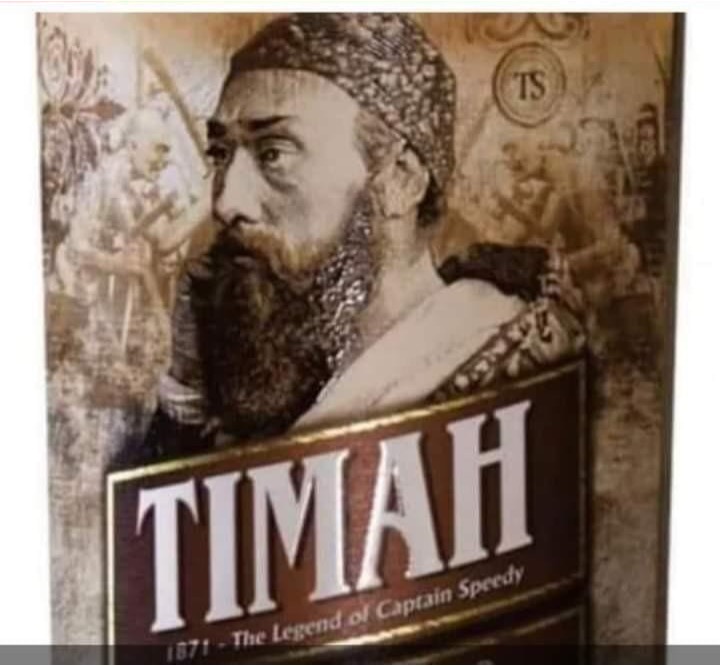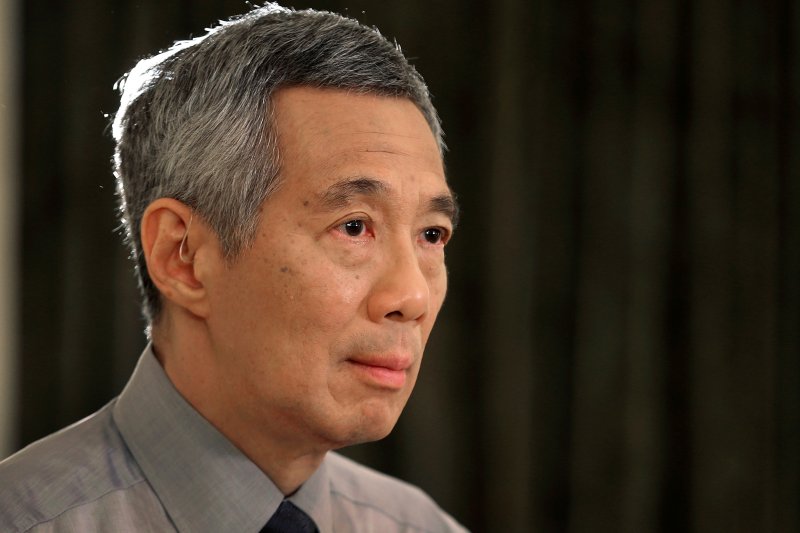DECEMBER 6, 2015
KUALA LUMPUR — Malaysia is on a slippery slope towards authoritarian nationalism with “apartheid” tendencies, a professor from the National University of Singapore (NUS) said today (Dec 6).
Dr Syed Farid Alatas, a Malaysian who teaches at NUS, highlighted as examples the proposed supermarket trolleys for non-halal food, a school’s plan for separate classrooms for non-Muslim students, and a Bumiputera-only gadget mall that is set to open this month.
“The lack of a multicultural approach, whether it’s towards Shiites, Sufis, anti-Christianity...we’re on the slippery slope towards very strong authoritarian nationalism with, I would add, apartheid tendencies,” Dr Syed Farid told a forum organised by G25, a group of retired Malay senior civil servants, here on Islam and democracy.
“Next thing that will come is — some Muslims will say I feel offended seeing the non-halal section in supermarkets. ‘When I peep into the section, I can see pork and alcohol’. They’ll say, ‘let’s have separate supermarkets’,” the associate professor of sociology added.



